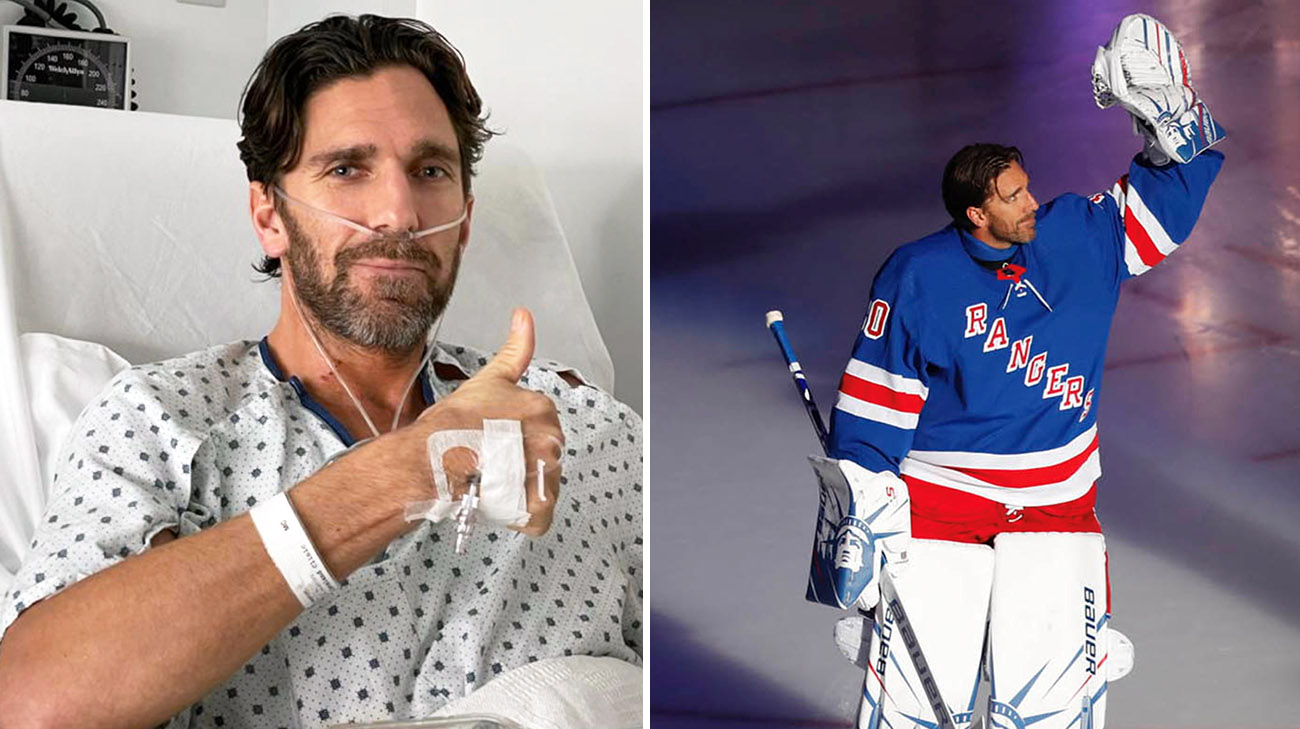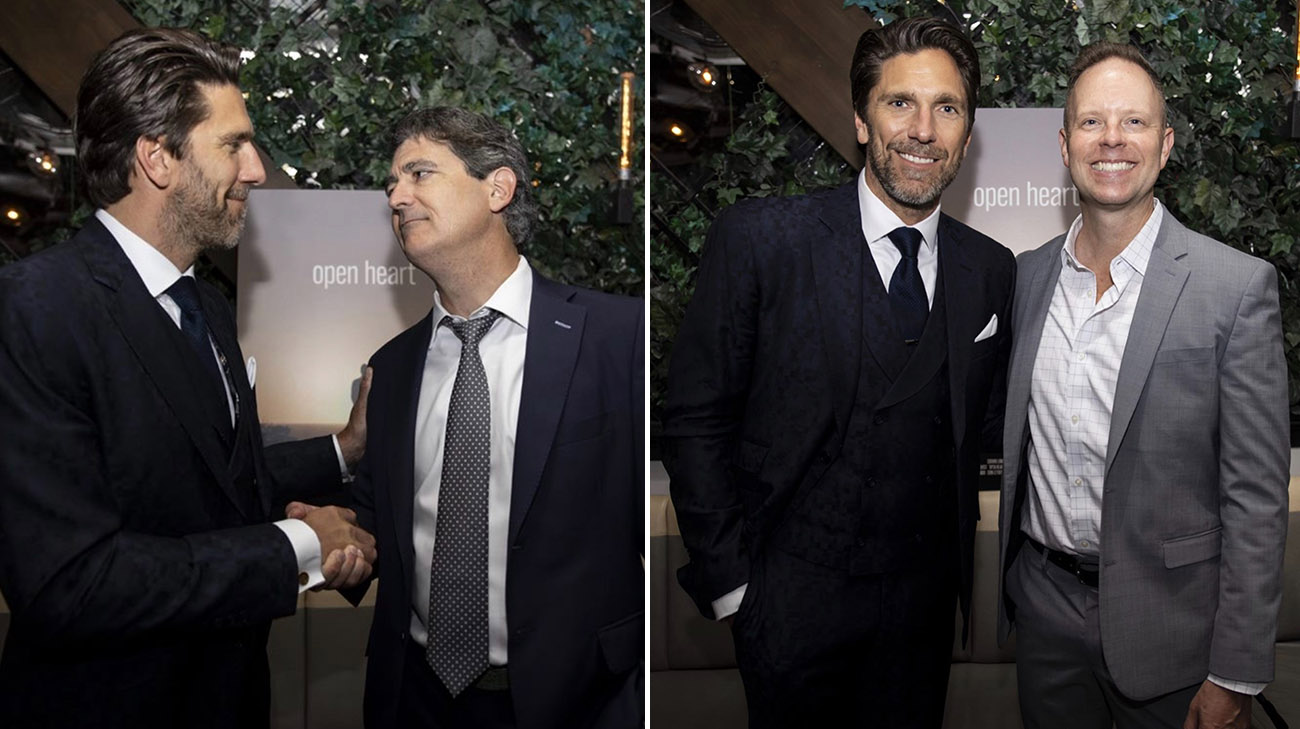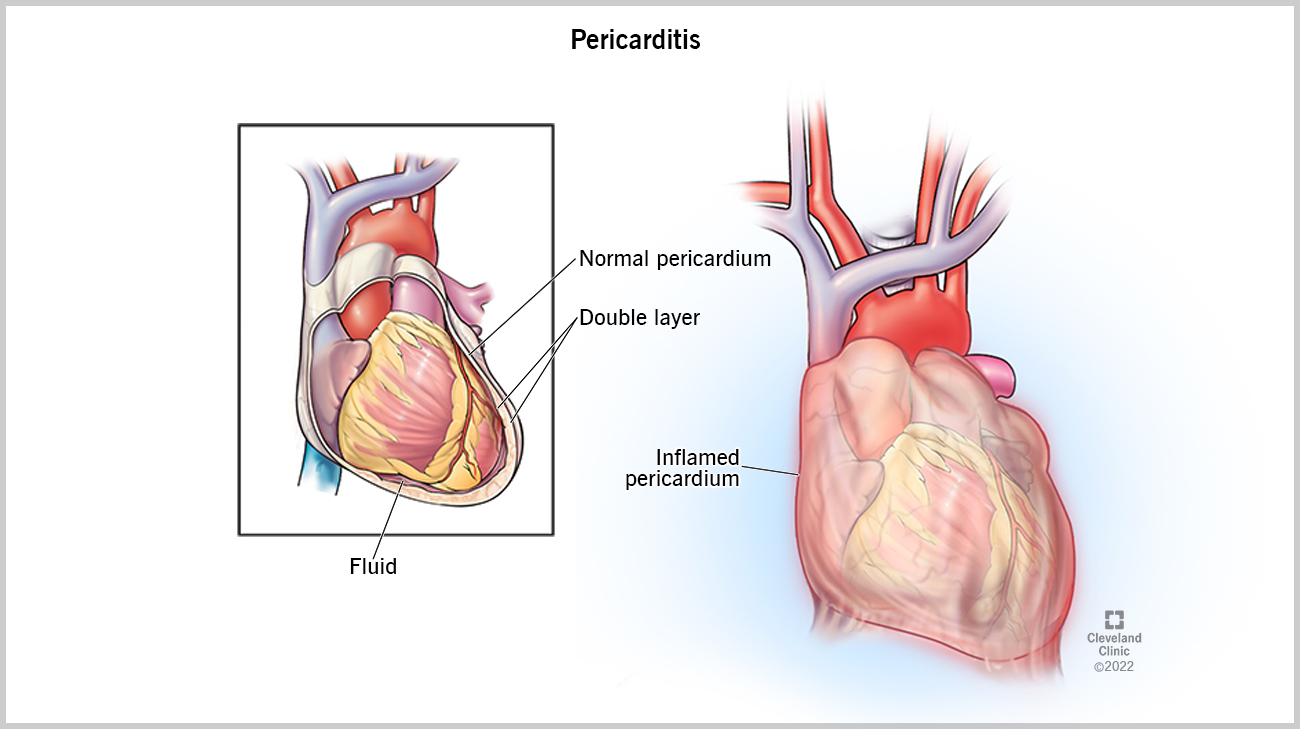
2005 is the year New Yorkers first became enthralled with “King Henrik.” That’s also the year the then 23-year-old rookie goaltender for the National Hockey League’s New York Rangers learned he suffered from aortic regurgitation, also known as a leaky aortic valve. For years, team doctors and cardiologists closely monitored the condition of Henrik Lundqvist –dubbed King Henrik of Sweden by a sportswriter during that halcyon year –who helped transform the Rangers into a perennial Stanley Cup contender for 15 seasons.
“I received regular checkups and didn’t really think much about it. Everything was steady, and I was able to play at a high level,” states Henrik, 42, who was inducted into the Hockey Hall of Fame in 2023 and was the 11th player in Rangers history to have his uniform number retired in 2022. “It was under control, until it wasn’t.”
It was while undergoing a thorough medical examination by doctors with his new team –the Washington Capitals, in December 2020 –Henrik received the shocking news his condition had severely worsened and was now life-threatening. One of the cardiologists involved informed Henrik he would need open-heart surgery to repair the problems. He recommended one specialist for the operation: Eric Roselli, MD, cardiothoracic surgeon and Chief of Adult Cardiac Surgery at Cleveland Clinic.
According to Dr. Roselli, who annually performs about 325 surgeries involving the aorta, heart and related congenital issues, about 2% of people are born with a malformed aortic valve. Only half of them also have an aortic aneurysm. Henrik had developed both, requiring him to undergo an aortic valve replacement, aortic root replacement and ascending aortic replacement to repair his leaky aortic valve and the aneurysm.

Henrik with Dr. Roselli (left) and Dr. Emery (right) at the release of Henrik's documentary "Open Heart." (Courtesy: Henrik Lundqvist)
The surgery was necessary to save his life, and perhaps, prolong his professional hockey career. “As Henrik has shown, even if you have this diagnosis, it doesn’t have to completely alter your life. You can continue to stay active and exercise, as long as you’re being smart,” explains Dr. Roselli. “If you eventually need surgery, it doesn’t have to be scary. We perform these surgeries safely and effectively to help people get back to living an active life.”
Henrik wanted to fulfill his one-year contract with the Capitals, who many hockey analysts believed were a top goaltender away from possibly winning the Stanley Cup in 2021.
A few days after Dr. Roselli and his team completed Henrik’s successful 6-hour surgery in January 2021, Henrik began to slowly, haltingly walk the halls near his hospital room. Every day brought more advances and hope his athletic career would resume.
“You could feel the progress. It was small steps at first, but every milestone was a boost for my confidence,” recalls Henrik in “Open Heart,” a 74-minute documentary about his medical and personal journey.
“I treated recovery as being hockey game-like, in a way. I would stay in the moment, not look too far ahead, and see the improvement,” Henrik adds. “Dr. Roselli left it up to me. If I did everything right, and recovered well, there was a possibility I could come back and play.”
Seven weeks after surgery, Henrik was back on the ice, skating and resuming light practice sessions with the Capitals. But then, a sudden setback quashed his career resumption plans.
As Henrik describes it, “I began feeling this terrible pain, in my chest and across my back.” Tests at Cleveland Clinic, days before he was scheduled to move to Washington, D.C., revealed the culprit: pericarditis, an inflammation of the protective sac that surrounds the heart. It can be a side effect as a result of the body’s immune response to the surgery or possibly a viral infection.

Pericarditis is an inflammation of the pericardium, the thin, two-layered, fluid-filled sac that covers the outer surface of your heart. (Courtesy: Cleveland Clinic)
Recovery from the condition would require weekly injections, as well as no rigorous physical exercise for months or even more than a year. After consulting with his family, Dr. Roselli, and a team of cardiologists including, Michael Emery, MD, and Allan Klein, MD, Henrik retired from hockey.
While disappointed, Henrik was soon at peace with the decision he made to step away from the game he devoted his life to since he and identical twin Joel, also an NHL veteran, were toddlers in Sweden. In the ensuing three years, he has served as a TV analyst for Rangers broadcasts and commentator nationally for network hockey coverage. He is also involved in several entrepreneurial ventures and hosts a podcast called “Club 30.” His uniform number with the Rangers was 30. Most excitingly, he now has more time to enjoy with his wife, Therese, and their daughters, Charlise and Juli, ages 11 and 9.
“When you’re a professional athlete, especially in a team sport, you’re a slave to the schedule,” explains Henrik, whose vertical scar down the middle of his sternum is the only visible reminder of his surgery. “The biggest change in your life when you retire is you are suddenly in charge of your own time. And that is a great feeling.”
Dr. Roselli –who ironically uses the moniker “Club 73” to refer to his team and the operating room they treated Henrik –believes Henrik has made a significant impact in helping raise awareness for other patients undergoing open-heart surgery or experiencing a similar medical journey.
“Our goal all along was to protect his heart so he could have a long life, not just to get him back on the ice,” says Dr. Roselli. “We were able to treat his heart problem, and he’s doing great. He is going to be around for a long time, to see his little girls grow up, and experience all the important things in life.”
Related Institutes: Heart, Vascular & Thoracic Institute (Miller Family)

